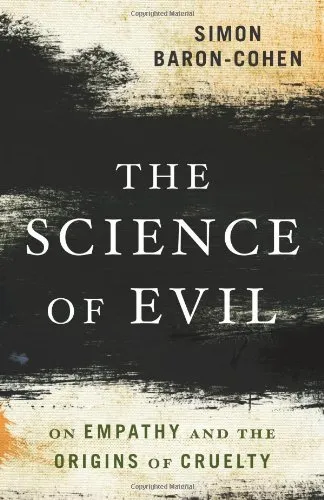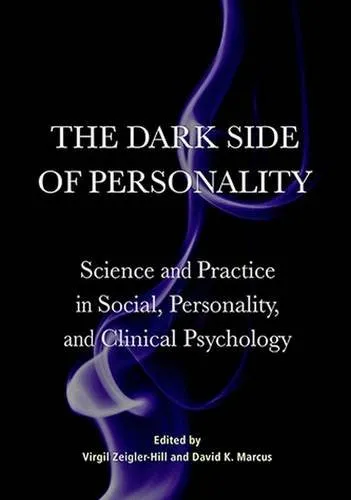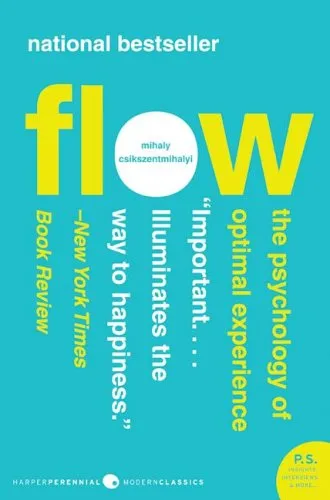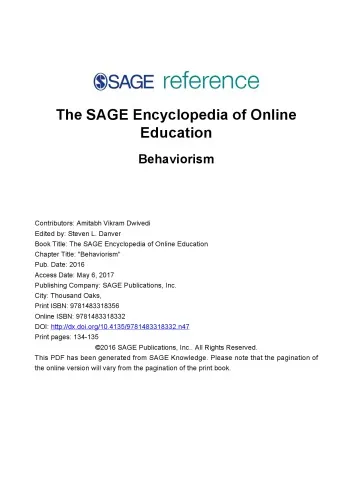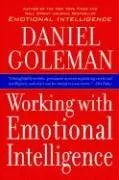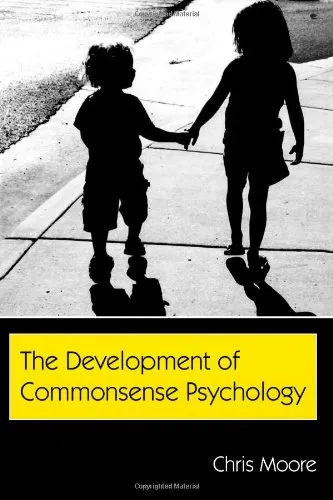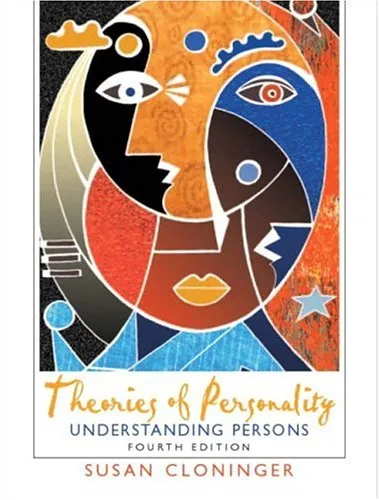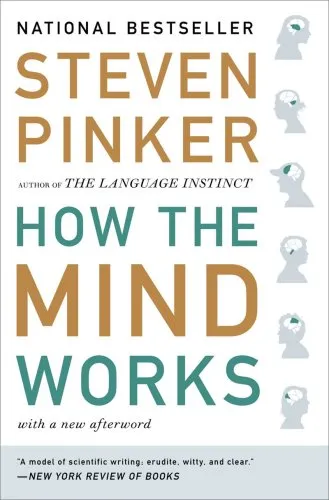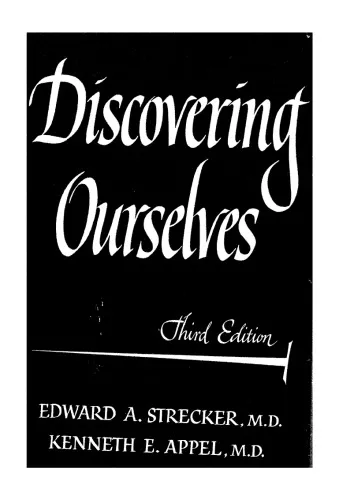The Science of Evil: On Empathy and the Origins of Cruelty
4.2
Reviews from our users

You Can Ask your questions from this book's AI after Login
Each download or ask from book AI costs 2 points. To earn more free points, please visit the Points Guide Page and complete some valuable actions.Related Refrences:
Introduction to 'The Science of Evil: On Empathy and the Origins of Cruelty'
In a world where acts of cruelty often leave us bewildered, 'The Science of Evil: On Empathy and the Origins of Cruelty' by Simon Baron-Cohen offers a groundbreaking perspective, suggesting that at the root of evil lies a profound lack of empathy. This book ventures into the intersection of psychology and neuroscience, piecing together the intricate mechanisms that can lead to inhumanity and cruelty.
Detailed Summary of the Book
Simon Baron-Cohen's insightful work meticulously explores the concept of empathy and its deficiency, which he suggests might be the linchpin of human cruelty. Drawing from historical, clinical, and experimental research, Baron-Cohen proposes the revolutionary idea that evil is not something abstract but a lack of advanced empathy. Empathy, he explains, consists of two types: cognitive empathy and affective empathy. Cognitive empathy is the ability to recognize others' emotions, and affective empathy is the capacity to respond to those emotions with an appropriate emotion.
The book travels through insightful examples, from Nazi doctors to homegrown terrorism, to highlight how varying degrees of empathy impact moral decision-making. Baron-Cohen introduces the concept of the "empathy circuit" in the brain, discussing how factors such as genetics, upbringing, and even neurochemical imbalances can disrupt this circuit, leading to diminished capacity for empathy.
Throughout the book, various case studies illustrate personalities and behaviors that fall onto the zero-empathy spectrum, offering clues to the origins of callousness and cruelty in human behavior. Baron-Cohen pulls together different strands of psychological science to provide a narrative that not only seeks to explain why evil happens but also offers hope through understanding and interventions that could foster empathy.
Key Takeaways
- The lack of empathy is a critical component in understanding the manifestation of evil and cruelty.
- Empathy can be broken down into cognitive and affective components, both of which are essential for moral reasoning.
- Cultural, genetic, and environmental factors all play significant roles in empathy development.
- Understanding the neurological basis of empathy deficiency can lead to better interventions and foster more empathetic societies.
- The concept of an "empathy circuit" in the brain suggests that empathy might be scientifically measurable and improvable.
Famous Quotes from the Book
Here are some thought-provoking quotes from the book that capture its essence:
"Empathy erosion arises from both psychological and biological processes, leading to moral and ethical failures."
"The banality of evil is not so much a deficiency of intelligence, but a deficiency of empathy."
Why This Book Matters
'The Science of Evil' is a pivotal work that shifts our understanding of morality and cruelty from abstract ethical battles to concrete psychological phenomena. It challenges the conventional binary perception of good versus evil, offering a nuanced perspective that could reshape moral philosophy and criminal justice. Baron-Cohen’s insights bridge gaps between academic disciplines, making it a crucial read for psychologists, educators, policymakers, and anyone interested in the underpinnings of human behavior.
The book's exploration of empathy and its failures doesn’t just diagnose societal ills but also points towards solutions, setting a course for developing empathy in individuals as a foundation for more harmonious human interactions. It is a significant contribution to discussions around empathy and ethics, promoting a more scientifically grounded understanding of why humans sometimes act with courage and kindness, and other times with cruelty and indifference.
Free Direct Download
You Can Download this book after Login
Accessing books through legal platforms and public libraries not only supports the rights of authors and publishers but also contributes to the sustainability of reading culture. Before downloading, please take a moment to consider these options.
Find this book on other platforms:
WorldCat helps you find books in libraries worldwide.
See ratings, reviews, and discussions on Goodreads.
Find and buy rare or used books on AbeBooks.
1668
بازدید4.2
امتیاز0
نظر98%
رضایتReviews:
4.2
Based on 0 users review
Questions & Answers
Ask questions about this book or help others by answering
No questions yet. Be the first to ask!
